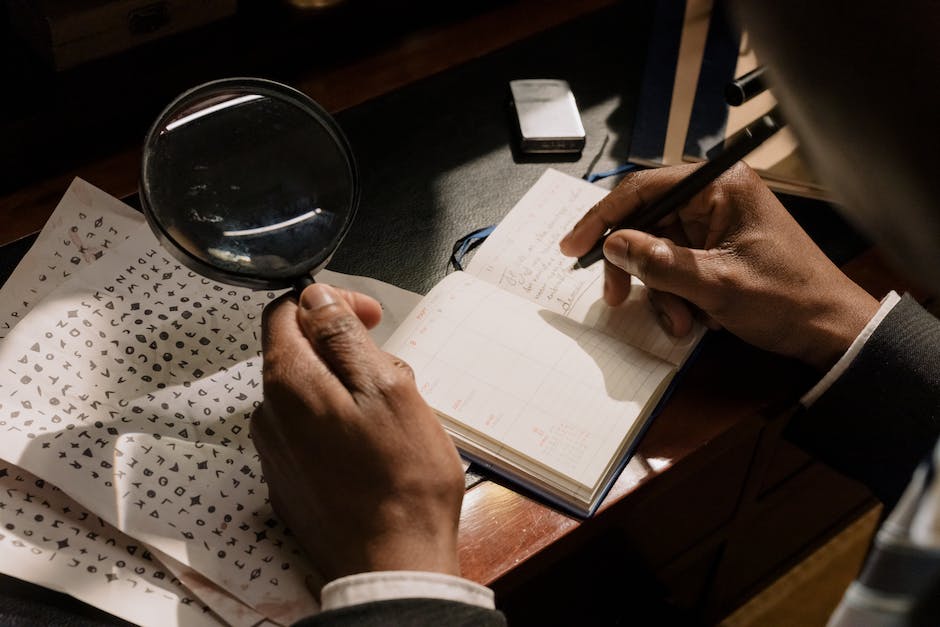36 Questions That Lead to Love: A Comprehensive Guide

Love is a complex emotion that can be challenging to understand and even more difficult to cultivate. However, a list of 36 questions that lead to love, developed by psychologist Arthur Aron, has been proven to accelerate the process of falling in love. This article will answer common reader questions about these 36 questions, providing a comprehensive guide to using them effectively.
What Are the 36 Questions That Lead to Love?
The 36 questions that lead to love are a set of questions designed to foster intimacy and closeness between two people. They are divided into three sets, with each set intended to be more probing than the previous one. The questions range from simple inquiries like “What would constitute a perfect day for you?” to more personal ones such as “What is your most treasured memory?”
How Do the 36 Questions Work?
The 36 questions work by gradually increasing the level of self-disclosure between two people. This process of mutual vulnerability fosters closeness and intimacy, which can lead to love. A study conducted by Aron found that participants who asked each other these questions felt closer to each other than participants who engaged in small talk.
How to Use the 36 Questions?
Using the 36 questions that lead to love is simple. You and your partner should take turns asking each other the questions, making sure to listen attentively to each other’s responses. It’s important to answer honestly and openly, as the effectiveness of the questions relies on mutual vulnerability.
Can the 36 Questions Guarantee Love?
While the 36 questions can foster closeness and intimacy, they cannot guarantee love. Love is a complex emotion that involves more than just intimacy. However, the questions can certainly increase the likelihood of love developing, especially if both parties are open and honest in their responses.
Examples of the 36 Questions That Lead to Love
Here are a few examples of the 36 questions that lead to love:
- “Given the choice of anyone in the world, whom would you want as a dinner guest?”
- “Would you like to be famous? In what way?”
- “Before making a telephone call, do you ever rehearse what you are going to say? Why?”
- “What would constitute a perfect day for you?”
- “When did you last sing to yourself? To someone else?”
Case Study: The 36 Questions in Action
A New York Times article titled “To Fall in Love With Anyone, Do This” recounts the experience of a writer who tried the 36 questions with a university acquaintance. After asking each other the questions over the course of an evening, they ended up falling in love and eventually got married. This case study demonstrates the potential power of the 36 questions in fostering intimacy and love.
Conclusion
The 36 questions that lead to love are a powerful tool for fostering intimacy and closeness. While they can’t guarantee love, they can certainly increase its likelihood. By asking these questions with an open heart and mind, you can potentially accelerate the process of falling in love.



